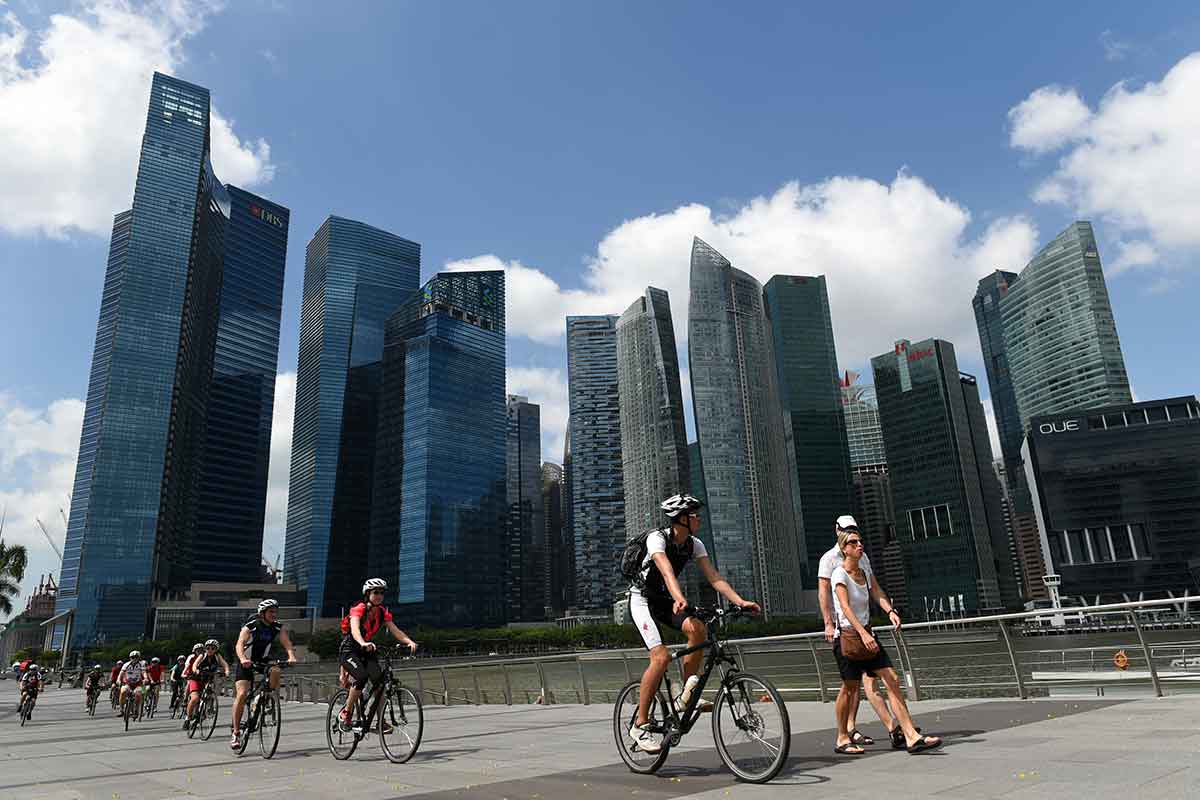Two Singaporean start-ups were charged in court last month for providing Personal Mobility Device-sharing (PMD-sharing) services at public places – the latest in a string of reports surrounding regulatory controls for PMDs in the city-state.
Both Neuron Mobility and Telepod were charged under the Parking Places Act, which does not currently allow companies to offer PMDs for hire at public places without a licence or an exemption approved by the Minister for Transport.
Singapore’s Land Transport Authority (LTA) currently allows operators to provide PMD services only within specified boundaries – and both companies’ PMDs were found to be operating beyond those designated borders.
No longer battery-operated vehicles used by old folks or people with mobility issues to move around, today’s PMDs are more a cross between skateboards and electric bicycles.
They have also become smaller, lighter and more portable than Segway devices used by security personnel in some large shopping malls.
Not surprisingly, of all the countries in ASEAN, Singapore is the furthest ahead in regulating PMDs. Its Active Mobility Act (AMA) came into effect on 1 May 2018, and within two months, 297 errant PMD users were nabbed for AMA-related offences.
In Singapore, actual mobility devices and motorised wheelchairs are categorised as personal mobility aids or PMAs while e-scooters, hoverboards and the like remain as PMDs. Electric or power-assisted bicycles (PABs) are placed under a separate category.
PMDs and PABs are regulated under the AMA. An advisory panel on Active Mobility advises the government on measures to be implemented with regards to these two categories of vehicles.
Among them is the compulsory registration of e-scooters and for each device to prominently display identification stickers. This is intended to deter reckless behaviour as the authorities will be able to track down errant users.
PMDs must also weigh no more than 20 kilograms (kg) each, not be wider than 70 centimetres (cm) and have a top speed of 25 kilometres per hour (km/h). These limitations mean that PMDs must use smaller batteries which limit their usefulness to food deliverymen and large-sized people.
PMDs are not allowed on public roads (over 480 PMDs were impounded for this offence alone in 2017) while e-bikes are banned from footpaths.
Source: Singapore Land Transport Authority
Based on the panel’s recommendations, the speed limit for PMDs and bicycles on footpaths will be lowered from 15 km/h to 10 km/h in 2019 to give users and pedestrians time to react or avoid while reducing the severity of accidents. It will also be mandatory for PMD users to stop at road crossings before proceeding.
A slew of penalties awaits offenders, with up to SGD5,000 (US$3,600) in fines and a six-month prison sentence. If they are involved in an accident and do not stop to help victims, PMD users may face up to two years in prison.
Instead of making third-party liability insurance mandatory, the Singapore government “strongly encourages” users to purchase it to protect themselves against claims in the event of an accident.
As the popularity of PMDs increase, safety issues have come to the forefront – which has prompted calls for regulatory controls. The number of reported accidents involving PMDs, bicycles and power-assisted bicycles on public paths increased from 19 in 2015 to 42 in 2016 and 128 in 2017.
Last September, parliamentarian Dr Lee Bee Wah said that the “lack of strategic and forward planning” by transport authorities in allowing PMD usage on public pathways and pedestrian walkways in Singapore had led to public safety concerns.
“We should have thought of safety long before these 20- to 40kg missiles go crashing into innocent pedestrians. Now we are constantly playing catch-up though I would say it is better than turning a blind eye or a deaf ear to the public outcry against those who use their PMDs recklessly,” said Dr Lee in Parliament.
This article was first published by The ASEAN Post on 18 September 2018 and has been updated to reflect the latest data.
Related articles:
The future of Southeast Asian cars is electric
